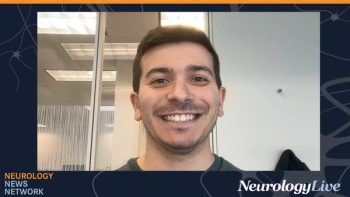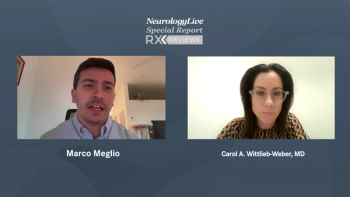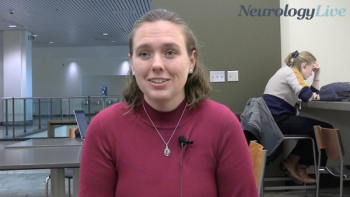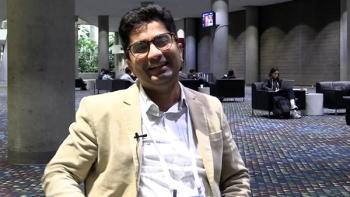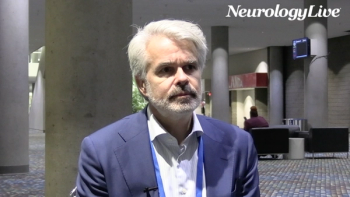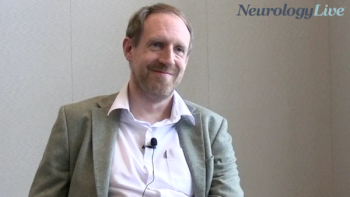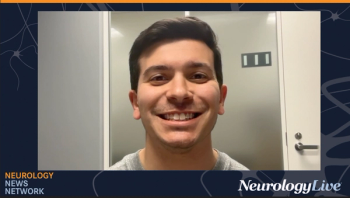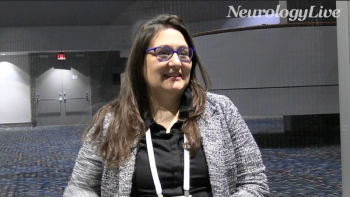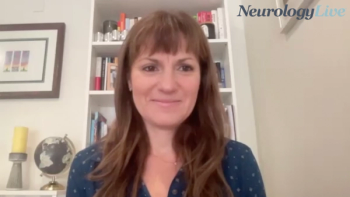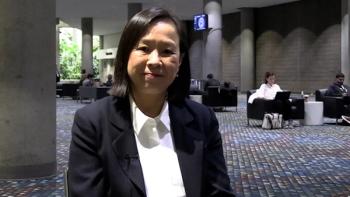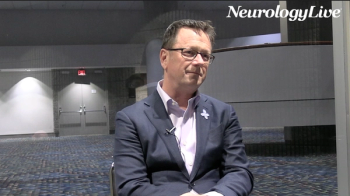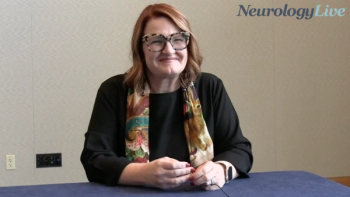
In this segment, the physicians discuss the broader spectrum of ophthalmologic issues seen in patients with NF1, particularly during early childhood. One physician explains that the first five to six years of life represent the highest-risk period for developing optic pathway gliomas, tumors driven by the same RAS–MEK pathway that contributes to plexiform neurofibroma formation. He emphasizes that careful ophthalmologic evaluation, especially visual acuity testing, remains the most effective method for detecting symptomatic optic gliomas. If visual concerns arise, MRI imaging is pursued to confirm or rule out these tumors. The physicians also address evolving perspectives on preventive imaging. They note that routine baseline brain MRIs are generally discouraged in very young children due to the need for sedation and the associated stress and risks for families. Instead, imaging is recommended only when clear clinical indicators exist. One physician describes his practice of obtaining a screening MRI around age 18 to support patients transitioning into adulthood, though this approach is not yet a formal standard.

